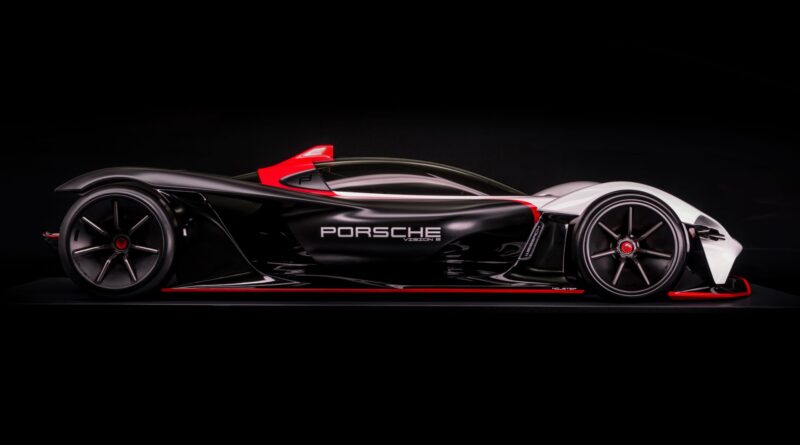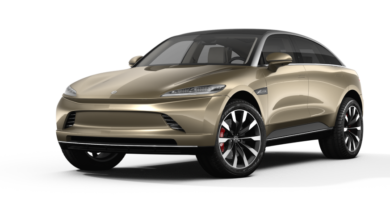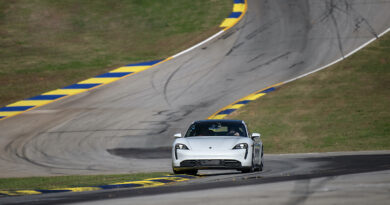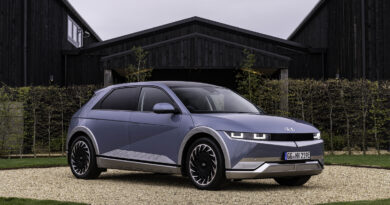Biggest clue yet to 2025 Porsche EV hypercar
Evidence is mounting that Porsche’s next hypercar will be powered purely by electricity – and Porsche may just have given another big clue.
In announcing it had done a deal with BASF for critical battery componentry and following the recent majority purchase of battery developer and manufacturer Cellforce, Porsche says it is readying a new-generation high-performance lithium-ion cell.
But those batteries won’t be used for all Porsches EVs, at least initially. The numbers tell the story…
READ MORE: Porsche Macan EV hits the road ahead of 2023 arrival
Porsche says by 2024 it will have a manufacturing capacity for the new cells of 100MWh per year “powering 1000 motorsport and high-performance vehicles”.
That’s a ludicrously low number, even for a specialist brand such as Porsche, which sells almost 300,000 cars annually. To put it in perspective, Porsche’s iconic 911 accounts for about 35,000 sales globally – and it’s fair to refer to that as a high-performance vehicle.
Looking at those relatively low production numbers instantly raises the question of which car those new high-performance lithium-ion batteries would go into. Clearly, Porsche is not planning on producing many of whatever it is, so it’s likely to be something very, very special.
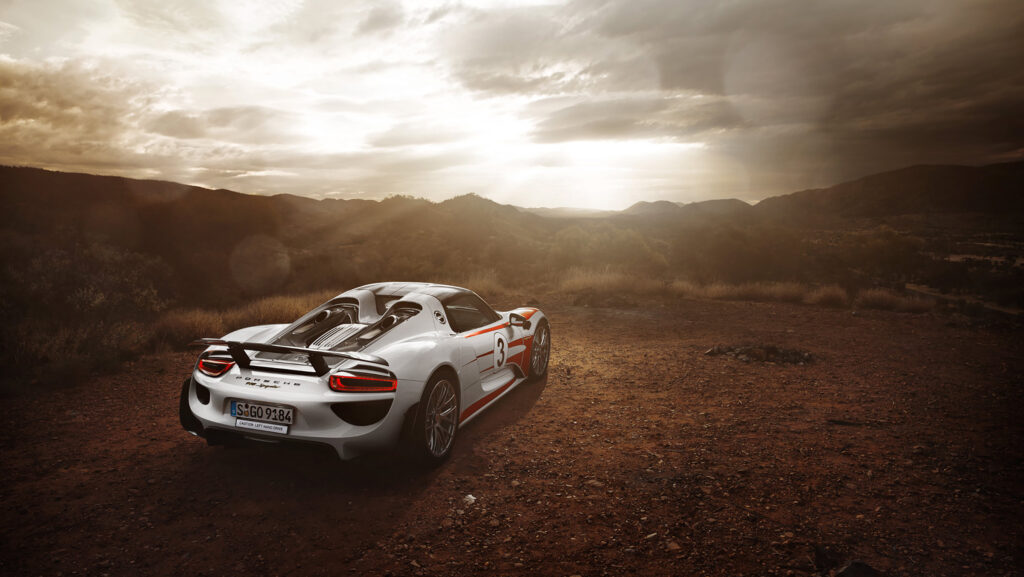
If we were guessing, we’d say Porsche is looking to use them in a new yet-to-be-announced EV hypercar as a successor to the hybrid-powered 918 Spyder (and, before that, the Carrera GT and 959). Porsche manufactured just 918 of the 918 Spyder and 1270 of the Carrera GT, so the numbers are in the ballpark.
Sitting above mere supercars, hypercars are typically made in relatively low numbers and rolled out every decade or so. The last Porsche hypercar, the 918, went on sale in 2015.
There is a Porsche hypercar on the radar – and it’s likely to be an EV. Porsche has been thinking about big electric vehicle performance – the sort of thing beyond the Taycan Turbo S that is currently the fastest EV on Australians roads – for years, even developing the Vision E concept in 2019.
Based on the 99X Formula E race car, the Vision E single-seater was touted as “the technology of the future … tested under high performance and pushed to its limits”.
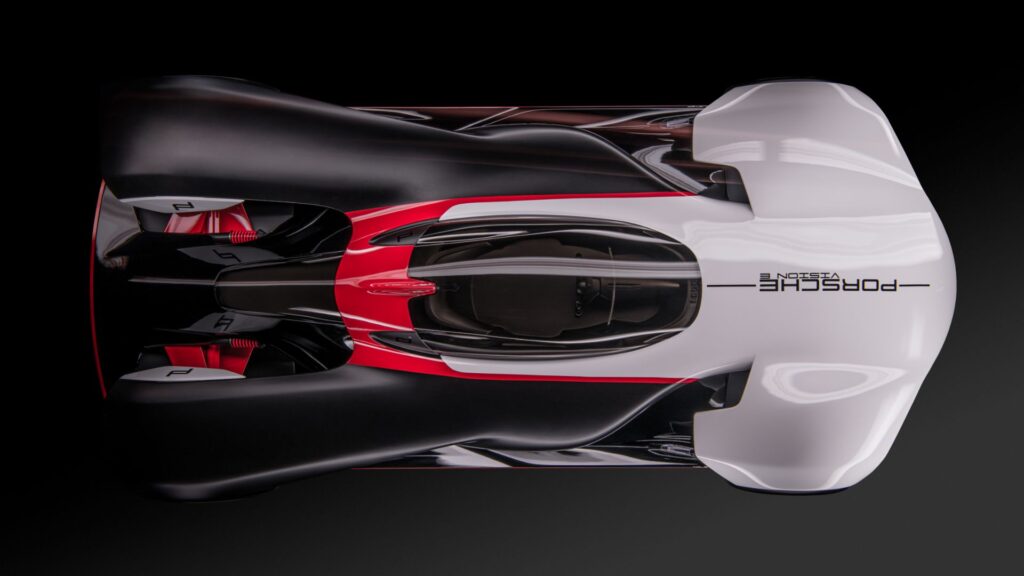
Porsche chief Oliver Blume has previously said a new hypercar was in the works and has heavily hinted it will be electric – but the caveat he put on the development of such a vehicle is battery technology.
“The battery will be the cylinder of tomorrow, so we still have to investigate high-power, high-density cells,” Blume told journalists in March.
“We will invest in these cells, and when we have the right cell for a high-power car, then will come the point, but I don’t think about this car before the second half of the decade.”
So the dates add up, too. Porsche wants to have the new Cellforce manufacturing – using BASF components and plenty of Porsche smarts – up and running by 2024 and it says it is looking at a new hypercar from 2025 onwards.
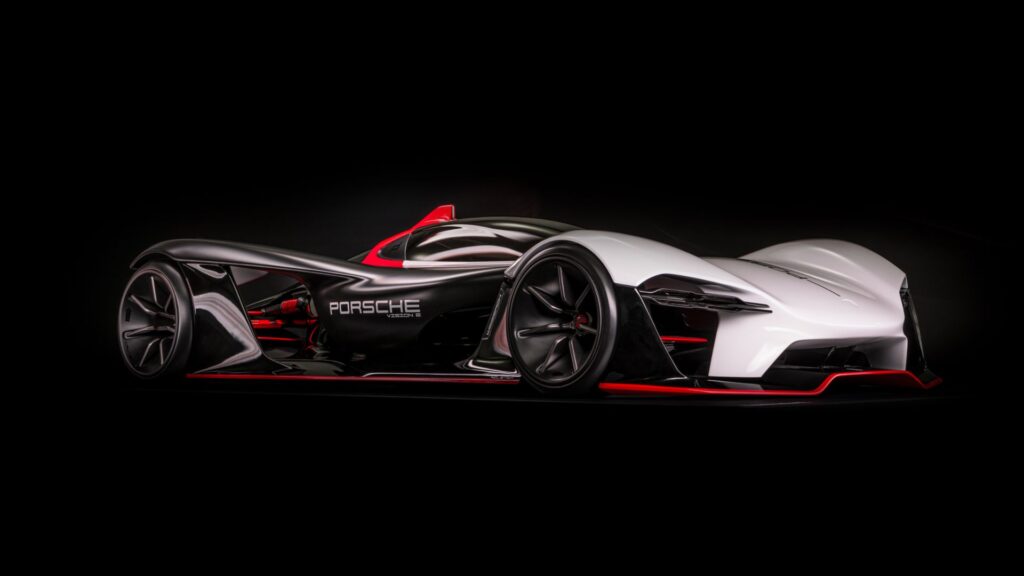
Not that a hypercar is the only option.
Another avenue those new high-performance BASF/Cellforce batteries could be used is with Bugatti and Rimac. Porsche owns 45 percent of the recently-formed Bugatti Rimac that looks set to produce some of the world’s fastest and most exciting EVs.
While Rimac knows plenty about batteries and the software that control them – part of the reason Porsche has invested heavily in the fledgling Croatian brand – there could also be a benefit with the tech flowing the other way.

